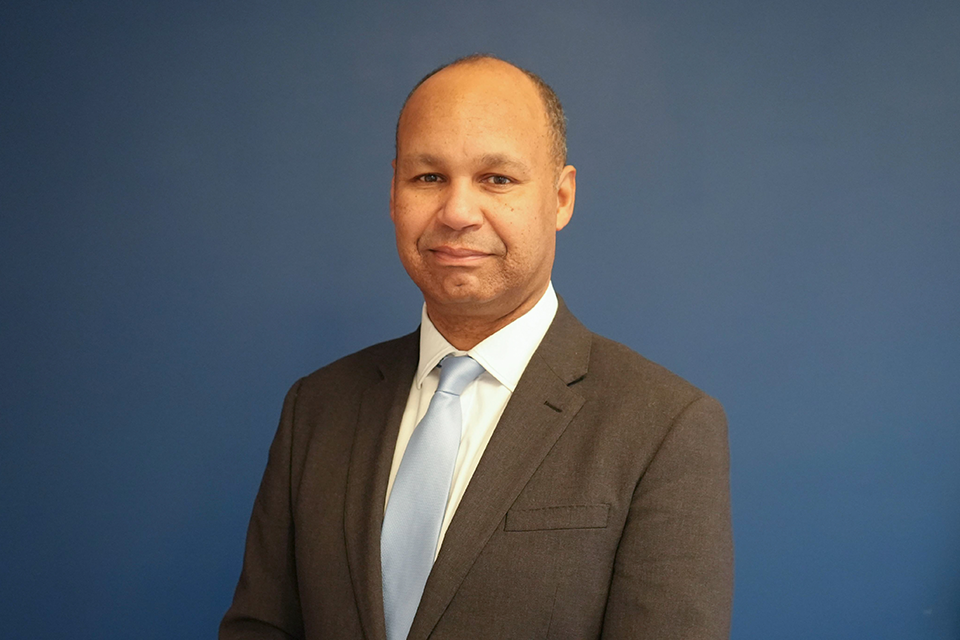Joint statement on the human rights situation in the Democratic People’s Republic of Korea
Delivered by US Ambassador Linda Thomas-Greenfield on behalf of Estonia, France, Ireland, Japan, Mexico, Norway, the United Kingdom, and the United States.

Last week we marked the 73rd anniversary of the Universal Declaration of Human Rights. As we celebrate and enjoy our inalienable rights, it is important we recognise those who are denied them by their government.
The people of the DPRK are systematically denied their fundamental freedoms by one of the most repressive and totalitarian regimes in the world.
In the DPRK, the regime continues to hold more than 100,000 people in political prison camps, where they suffer abuses including torture, forced labor, summary executions, starvation, and sexual and gender-based violence. The rest of the population is ruled by fear and denied basic rights of free expression.
These abuses have been exacerbated by the regime’s implementation of measures purportedly in response to the COVID-19 pandemic. The regime has implemented shoot-to-kill orders for anyone attempting to flee the country and has prevented humanitarian aid from getting to those who desperately need it.
The DPRK’s repression even extends beyond its borders. The regime has been implicated in international abductions and forced disappearances of Japanese citizens and other nationals, who are kept against their will in the DPRK. We urge the DPRK to resolve all issues related to these abductees, in particular their immediate return.
The DPRK’s human rights violations and abuses have been well documented. The UN Commission of Inquiry found that the DPRK commits crimes against humanity directed by the highest levels of the state.
The modern world has no place for such brutality. And it is time for the Council to address it. While we are glad the Security Council discussed this important topic today, we believe it is worthy of a briefing in an open session.
The regime’s egregious human rights violations, much like its unlawful WMD and ballistic missile programs, are destabilizing to international peace and security, and must be prioritized within the Council.
Estonia, France, Ireland, Japan, Mexico, Norway, the United Kingdom, and the United States urge all Security Council members to support an open briefing next year where we can discuss this dire human rights situation and its implications for peace and security, and focus on the actions the Security Council should take to help the countless individuals impacted by the regime.
And we hope that tomorrow, when the General Assembly, adopts its annual resolution on human rights situation in the DPRK, that UN membership will once again come together and universally condemn the DPRK’s violations.
Before I conclude, I want to say a few words just on my sole behalf.
Yesterday, I had the opportunity to speak with Joy, a survivor from the DPRK.
Joy wasn’t allowed to attend school. She grew up desperately poor, and without, in her words, any dreams. To avoid being married off as teenager by her stepmother, Joy escaped the DPRK, only to be sold into sexual slavery in China because she was not recognized as a refugee. She then escaped – again – to Seoul, but had to leave her only child behind.
Her harrowing story brought tears to my eyes. I am so moved by her strength, her courage, her perseverance.
She reminded me that we need to recognize the human toll of the DPRK’s totalitarian regime. Because while it is hard to imagine, Joy considers herself one of the lucky ones.
Thank you.